Transcriptionist vs. Stenographer
Isn’t a stenographer the same thing as a transcriptionist? Although the two career fields seem synonymous, they are many differences between them. In the most general sense, court reporters, or stenographers, work extensively in the legal field. On the other hand, transcribers are employed by a wider variety of agencies and businesses. Yet, this isn’t the only thing that makes each role unique. Each of these two career paths differ in their purpose, qualifications and professional tools.
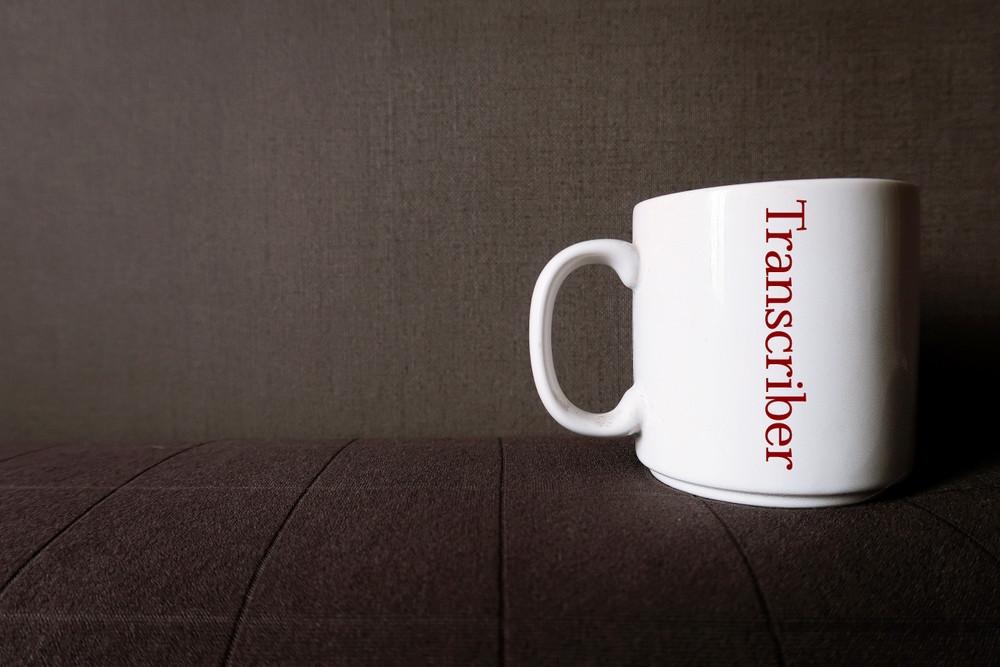
Different Qualifications
It is important, first, to remember that transcriptionists cannot do the work of a stenographer because they are not qualified to work in courtrooms or legal scenarios. Transcriptionists also often record on video or audio files, and later transcribe them and type the recorded content. Stenographers use their special skillset to type in real-time without audio assistance.
Different Goals
Transcribers and court reporters perform their duties with a different purpose in mind. The average transcriber’s role is to create reports or communications in a particular specialty field. Whether they serve the medical field, law enforcement or business, transcribers generate written copies of recorded audio. In contrast to court reporters, transcribers will generally not perform live transcription. They also have more leeway in changing the text to correct grammar or make a transcript more intelligible.
A San Francisco court reporter produces transcripts of legal proceedings. They record these proceedings in verbatim form. Their job is to complete a transcript that accurately reflects the deposition or court proceeding so that it can be referred to in future negotiations or litigation. Stenographers work with live speech which they record in shorthand. This form of recording is later converted into normal words that are legible by anyone.
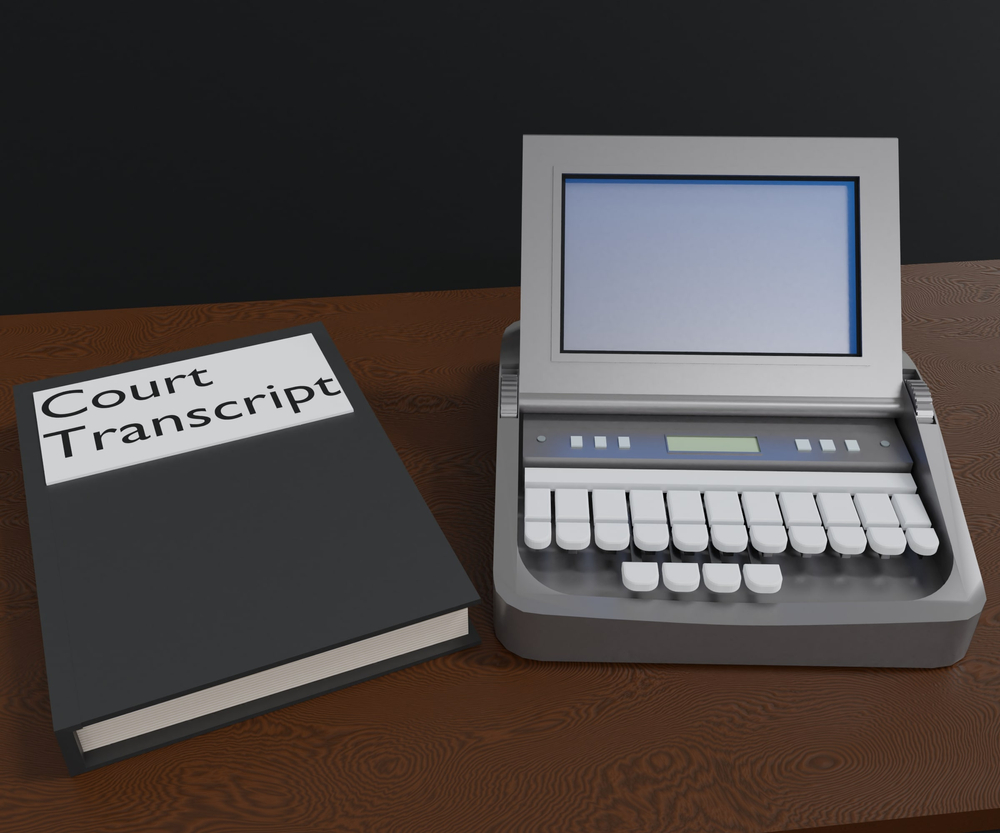
Different Skill Sets
Both careers require distinct training and abilities to perform their functions. A transcriber needs to be able to record audio on a standard keyboard at a rate of 50 to 80 Words Per Minute (WPM). At this speed, a transcriber should be able to finish an hour of recorded audio in less than five hours. Transcribers also need to have a good command of English grammar, and some experience in the field that gives them familiarity with the subject. Although transcribers may have related education and training, no formal schooling is required for most positions.
To become a court reporter stenographer Concord California, one needs to complete an educational program, become licensed and operate a stenography machine. When it comes to getting an education, reporters typically spend two to three years obtaining an associate’s level degree. However, a formal degree is not a strict requirement. Following any education, reporters must complete a training program that lasts six to eight months. These programs teach a San Francisco court reporter how to use a stenographic machine or stenomask. This education also covers the principles and practices of the profession, record keeping methods and legal terminology. After this, a newly educated reporter needs to obtain licensure (if necessary) and become certified by a national organization.
Once a court reporter stenographer in Concord California is ready to work, he or she must demonstrate some very specific courtroom skills. Stenographers need to work at a speed of 220 WPM minimum. They must also be able to work independently at an advanced pace while maintaining accuracy. Furthermore, they will be expected to read back records at will and interact successfully with other legal professionals in a high-stress environment. This doesn’t include other unique requirements of the job, such as the ability to maintain a long attention span, and to sit in one place for hours on end.
Different Tools of the Trade
The last major difference between these two fields is in the technology they employ. Transcribers use a normal PC with special software to transform speech to text. They also need to be proficient with audio/video devices and a foot pedal. A San Francisco court reporter needs to master the stenographic machine, which has a modified keyboard for shorthand. Some stenographers opt for the stenomask which requires the user’s speech to create a record. They will also have to be familiar with other office equipment such as computers, printers and audio devices.
The Final Verdict
Court Reporters and transcriptionists are similar, yet very different. Part of the reason court reporters are in such high demand is because there is no substitute for them in court rooms or legal proceedings.
Law firms or legal proceedings requiring a court reporter can contact Combs Reporting for help. Get in touch with them for a deposition reporter, deposition room or translator for your next proceeding.


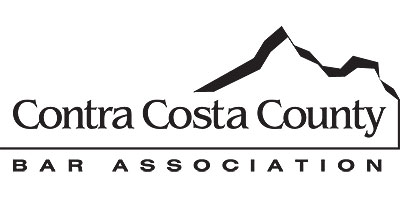

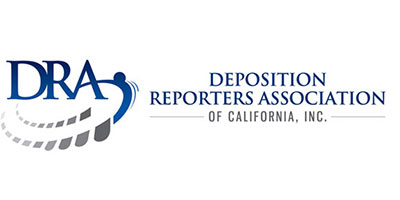
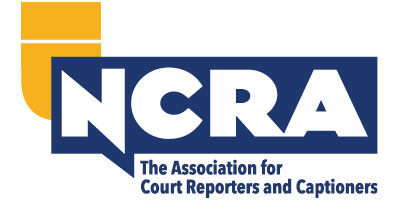
Leave A Comment